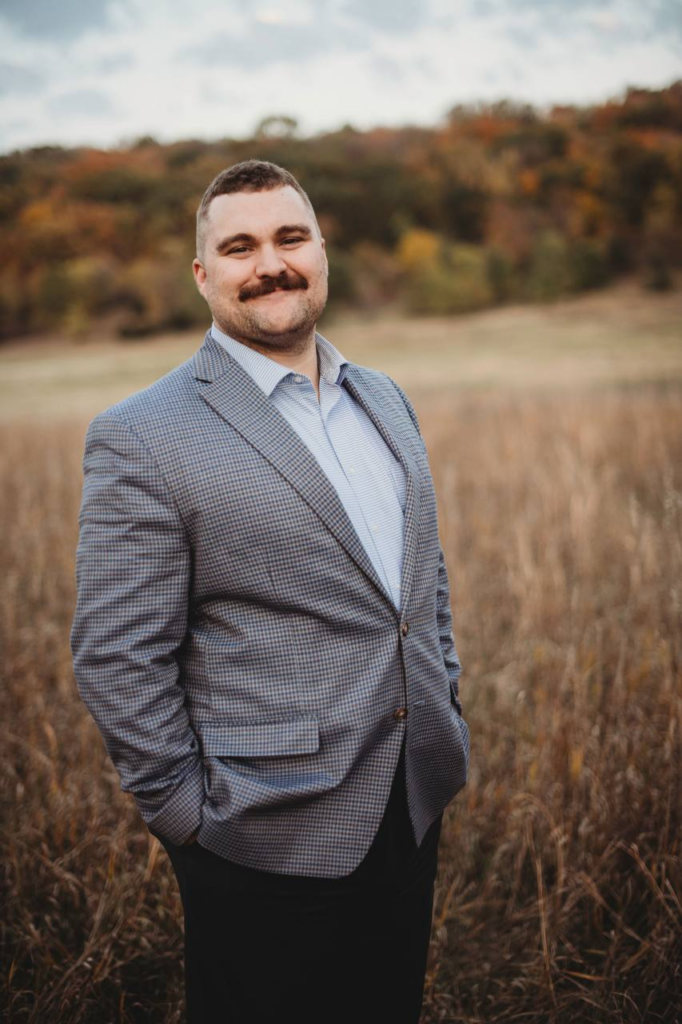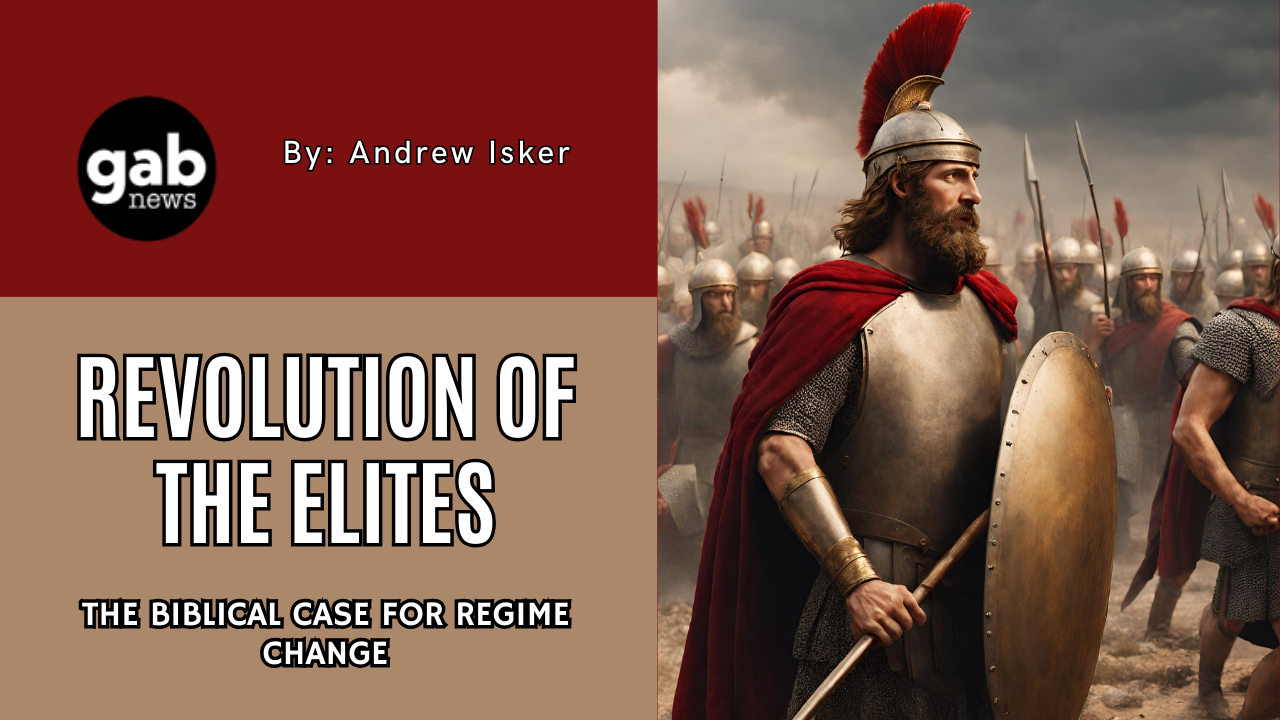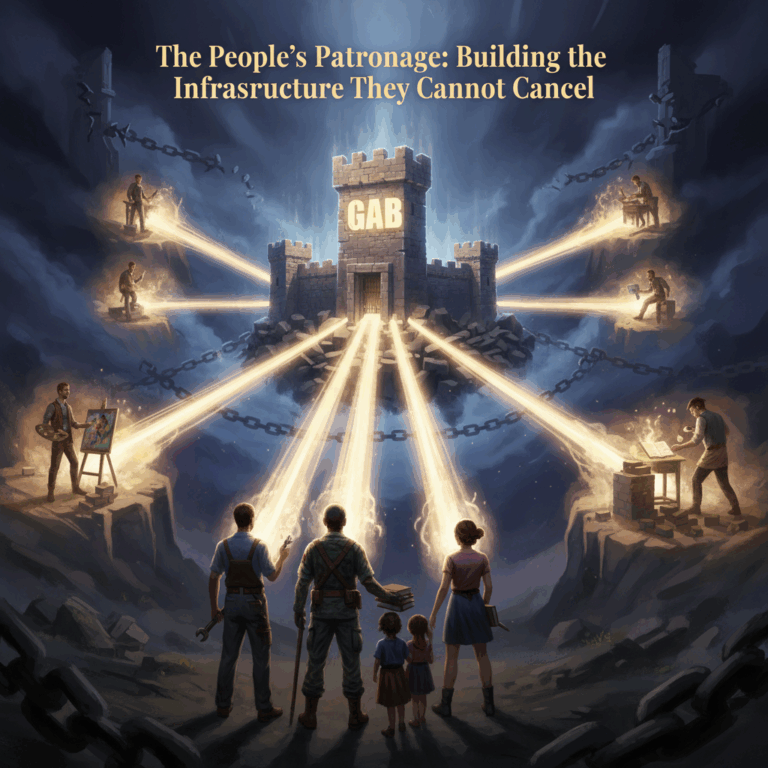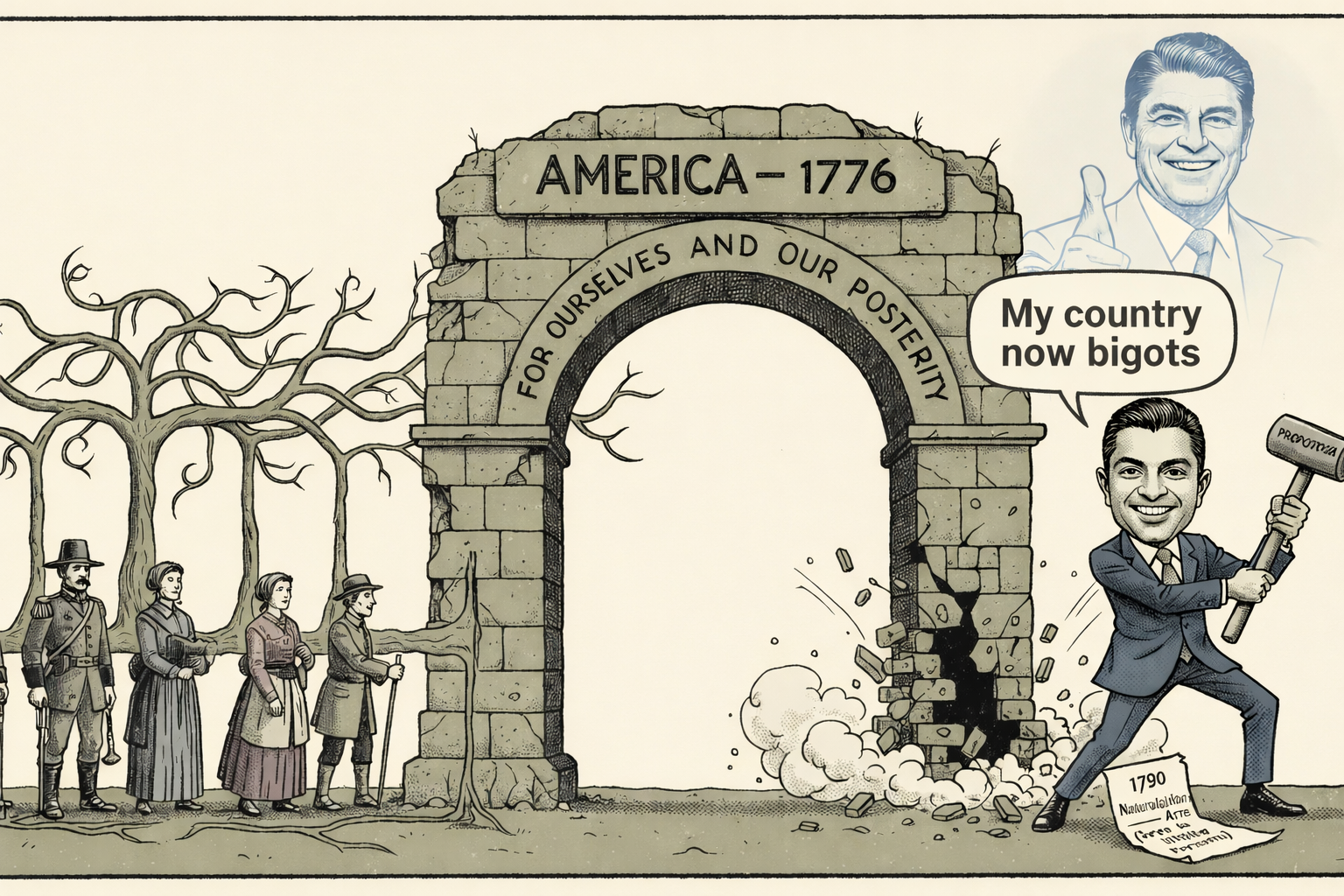Introduction
2 Samuel 23 is the second part of the center of the appendix section of the Book of Samuel. It gives us the central theme of the entire book. Like David’s psalm in chapter 23, it gives us the theology to meditate upon to understand what this has really all been about. What exactly is the point of David’s final words? What can this passage and the book as a whole teach us about our world today and God’s purposes in it?
23 Now these are the last words of David.
Thus says David the son of Jesse;
Thus says the man raised up on high,
The anointed of the God of Jacob,
And the sweet psalmist of Israel:
2“The Spirit of the Lord spoke by me,
And His word was on my tongue.
3The God of Israel said,
The Rock of Israel spoke to me:
‘He who rules over men must be just,
Ruling in the fear of God.
4And he shall be like the light of the morning when the sun rises,
A morning without clouds,
Like the tender grass springing out of the earth,
By clear shining after rain.’
5“Although my house is not so with God,
Yet He has made with me an everlasting covenant,
Ordered in all things and secure.
For this is all my salvation and all my desire;
Will He not make it increase?
6But the sons of rebellion shall all be as thorns thrust away,
Because they cannot be taken with hands.
7But the man who touches them
Must be armed with iron and the shaft of a spear,
And they shall be utterly burned with fire in their place.”
8 These are the names of the mighty men whom David had: Josheb-Basshebeth the Tachmonite, chief among the captains. He was called Adino the Eznite, because he had killed eight hundred men at one time. 9 And after him was Eleazar the son of Dodo, the Ahohite, one of the three mighty men with David when they defied the Philistines who were gathered there for battle, and the men of Israel had retreated. 10 He arose and attacked the Philistines until his hand was weary, and his hand stuck to the sword. The Lord brought about a great victory that day; and the people returned after him only to plunder. 11 And after him was Shammah the son of Agee the Hararite. The Philistines had gathered together into a troop where there was a piece of ground full of lentils. So the people fled from the Philistines. 12 But he stationed himself in the middle of the field, defended it, and killed the Philistines. So the Lord brought about a great victory.
13 Then three of the thirty chief men went down at harvest time and came to David at the cave of Adullam. And the troop of Philistines encamped in the Valley of Rephaim. 14 David was then in the stronghold, and the garrison of the Philistines was then in Bethlehem. 15 And David said with longing, “Oh, that someone would give me a drink of the water from the well of Bethlehem, which is by the gate!” 16 So the three mighty men broke through the camp of the Philistines, drew water from the well of Bethlehem that was by the gate, and took it and brought it to David. Nevertheless he would not drink it, but poured it out to the Lord. 17 And he said, “Far be it from me, O Lord, that I should do this! Is this not the blood of the men who went in jeopardy of their lives?” Therefore he would not drink it.
These things were done by the three mighty men.
18 Now Abishai the brother of Joab, the son of Zeruiah, was chief of another three. He lifted his spear against three hundred men, killed them, and won a name among these three. 19 Was he not the most honored of three? Therefore he became their captain. However, he did not attain to the first three.
20 Benaiah was the son of Jehoiada, the son of a valiant man from Kabzeel, who had done many deeds. He had killed two lion-like heroes of Moab. He also had gone down and killed a lion in the midst of a pit on a snowy day. 21 And he killed an Egyptian, a spectacular man. The Egyptian had a spear in his hand; so he went down to him with a staff, wrested the spear out of the Egyptian’s hand, and killed him with his own spear. 22 These things Benaiah the son of Jehoiada did, and won a name among three mighty men. 23 He was more honored than the thirty, but he did not attain to the first three. And David appointed him over his guard.
24 Asahel the brother of Joab was one of the thirty; Elhanan the son of Dodo of Bethlehem, 25 Shammah the Harodite, Elika the Harodite, 26 Helez the Paltite, Ira the son of Ikkesh the Tekoite, 27 Abiezer the Anathothite, Mebunnai the Hushathite, 28 Zalmon the Ahohite, Maharai the Netophathite, 29 Heleb the son of Baanah (the Netophathite), Ittai the son of Ribai from Gibeah of the children of Benjamin, 30 Benaiah a Pirathonite, Hiddai from the brooks of Gaash, 31 Abi-Albon the Arbathite, Azmaveth the Barhumite, 32 Eliahba the Shaalbonite (of the sons of Jashen), Jonathan, 33 Shammah the Hararite, Ahiam the son of Sharar the Hararite, 34 Eliphelet the son of Ahasbai, the son of the Maachathite, Eliam the son of Ahithophel the Gilonite, 35 Hezrai the Carmelite, Paarai the Arbite, 36 Igal the son of Nathan of Zobah, Bani the Gadite, 37 Zelek the Ammonite, Naharai the Beerothite (armorbearer of Joab the son of Zeruiah), 38 Ira the Ithrite, Gareb the Ithrite, 39 and Uriah the Hittite: thirty-seven in all.
2 Samuel 23:1-39
The Final Words Of David (v. 1-7)
David gives us his final words. These are not his last “last words,” as those are found in 1 Kings as he instructs Solomon about what to do after he dies. This is the last public pronouncement from the king to his people. David first identifies himself as “David, son of Jesse.” And he further identifies himself as “the man raised up on high, the anointed of the God of Jacob, and the sweet psalmist of Israel.” Just that description alone is full of meaning. To begin with, the first clause is passive. David did not lift himself up, but was lifted up on high. He did not seek kingship for himself. He did not manipulate his way into power, he was given it. Who gave it to him? God himself did. David is the anointed of Jacob’s God.
What does this mean? He is literally the Christ. The anointed deliverer. Of course, he is not the Christ. But Christ is not Jesus’s last name, it means simply that, the one anointed to deliver his people. David was anointed by Samuel at God’s direction to deliver God’s people and lead them as their king. Jesus is anointed in a similar way, by the Spirit coming down upon Him at His baptism. David is set apart to lead God’s people. He is not just a random man who becomes a king. He is selected by God to fulfill this mission God has given him.
David is also the “sweet psalmist of Israel.” The wording here in Hebrew is more ambiguous than it is rendered into English here. It can mean that David is a psalmist, which is obviously true, writing so much of the psalter which God’s people sing. But it also means that he is one that psalms are written about, such as the song that appears in this book “Saul has killed his thousands but David his tens of thousands.” David’s deeds are put into song, both by him and by others. At David’s anointing, the Spirit came upon David and he prophesied. This is why David’s psalms are not mere songs written by a man, but the very inspired words of God. God spoke through this man.
David tells us what God has said to him: he who rules over men must be just, ruling in the fear of God. This is central to what David says here, and it is central to the entire book of Samuel. A king must be just and must fear God above all else. God has set men up to rule, and has shown us how men must use power. Fear of God must drive everything the man with political power does.
And what does a just ruler look like? David gives us a poetic analogy. He is like the light of the morning at dawn, a morning without a cloud in the sky. And like the tender grass springing up out of the earth by clear shining after rain. A ruler is like the sun. All the way back in the creation week this analogy is made. On the fourth day of creation God made the sun, moon, and stars, and we are told these are made to rule. To rule the day and the night and the seasons. Throughout the rest of the Bible the comparison between rulers and heavenly bodies is regularly made. And here is no different. The just king must be like the sun. Giving light to his people.
God is a light to David and David must imitate God in this way. He must bring light to Israel after the darkness of Saul, the darkness of their foreign enemies threaten them, and after the darkness of Absalom’s coup. Night is over, the sun has risen and now you can see where you are going and what you must do. That is the duty of a godly ruler. David’s son and heir, Solomon elaborates on this point in Psalm 72:
1Give the king Your judgments, O God,
And Your righteousness to the king’s Son.
2He will judge Your people with righteousness,
And Your poor with justice.
3The mountains will bring peace to the people,
And the little hills, by righteousness.
4He will bring justice to the poor of the people;
He will save the children of the needy,
And will break in pieces the oppressor.
5They shall fear You
As long as the sun and moon endure,
Throughout all generations.
6He shall come down like rain upon the grass before mowing,
Like showers that water the earth.
7In His days the righteous shall flourish,
And abundance of peace,
Until the moon is no more.
The light of the sun makes the grass grow. It causes the land to be fruitful. That is what a just king does. He gives the land rest, and allows the people to live in peace and to flourish. And God has promised to His people that a son of David would always reign on this throne and provide this rest.
David responds to what God has said, he admits his house is human and frail and weak. It is not through their own strength of will this is accomplished but because of God’s mercy. God has made a covenant with David’s house, a covenant that is totally gracious to him and to Israel. It is well-ordered and secure because of God alone. And the promise that God has made, specifically that succession would continue indefinitely, to David is his salvation. And not his alone but his people’s. And it is his greatest desire. He asks the rhetorical question, “will God not make it increase?” Of course He will. God makes promises and fulfills those promises beyond our greatest desire.
But it isn’t just the grass of the people of Israel that David is concerned with here. The grass must flourish, but it is threatened. The grass of the creation week is not just a nice tidy lawn, but all the green plants like grain that feed the earth. But the curse of Adam is that he will have to deal with thorns now in cultivating the green plants of the earth. God was not talking about literal thorns, as Adam didn’t have to deal with plants in the rest of Genesis, but men. Men like his son Cain. Thorns, from the very beginning are people. The thorny bramble tree of Abimelech threatened to burn up all of Israel in the book of Judges. And David had to deal with thorns like Absalom and those who followed him. The thorns and tares that threaten to choke out the life of the grass must be dealt with, cut out, and burned up. That is the duty of a king if the people are to flourish. He uses violence to protect his people from those who threaten the stability and security of the land.
All these things are not just a picture of David, but ultimately of Jesus. It is Jesus for whom the promise of 2 Samuel 7 is about. He is the king who forever sits upon the throne of David. He is the king who gives His people peace and stability and who destroys the thorns that threaten them. We have a David right now, even today, and it is Jesus the Anointed Deliverer.
David’s Mighty Men (v. 8-39)
The second section here corresponds with the second section of the beginning of the appendix and begins to close the chiasm. We are given the names of three of David’s mighty men who make their first appearance in this book here. Josheb-basshebeth incredibly killed 800 men in a single battle. Eleazar stood against the Philistines alone and won a great battle single-handedly. Shammah defended a plot of lentils from the Philistines. This one might seem oddly juxtaposed here with the others, but this detail alone tells us something. Lentils are not Israel’s main source of food. They were the cheap food, the poverty food. This was a field full of top ramen the Philistines sought to plunder. Lentils are only mentioned a few times in the Bible. Lentils are the cheap food that wicked Esau sold his birthright to get. When David fled from Absalom, lentils are among the food that David was given in exile by Barzillai. They are an ingredient in the bread that Ezekiel at in exile baked over dung in exile. The Philistines sought to steal everything from Israel to starve them, and Shammah would not even let them have the worst of the food available in Israel.
We are told further of three of the thirty. And we are given the story of them going to get David a drink from Bethlehem when it was occupied by the Philistines. These men, on their own initiative seek to honor their king by risking their lives for just a cup of water. David refuses to drink the water, instead pouring it out. Far from dishonoring them, he is honoring their sacrifice in this act. He refuses to drink this water as it symbolically is their own blood. Drinking blood is forbidden by the Mosaic law, and here David applies that prohibition to himself figuratively as much as he would literally. The point of the law isn’t just the disgusting and pagan literal practice of drinking blood, it is to teach Israel to not be bloodthirsty men. David refuses to waste men’s lives for his own trivial wants.
Abishai, Joab’s brother, is now mentioned and we are told of his exploits where he killed 300 men with a spear. Benaiah is also mentioned and we are told that he killed two lion-like heroes of Moab and also killed a lion in a pit on a snowy day. Benaiah also killed an Egyptian with his own spear.
All the names of David’s mighty men are recorded here and two are of special note. The first to notice is Eliam the son of Ahithophel. This is Bathsheba’s father. And the second, who is mentioned last of the thirty is the one everyone should notice: Uriah the Hittite. Uriah’s name and David’s wickedness does not escape the pages of this appendix. David’s own sin is staring at us right there with Uriah’s name listed at the very end. This does not subvert everything that David has said in his final words, but rather illustrates just how much all of it is dependent upon God’s grace and not men’s strength.
Conclusion
What do these things mean for us here today? One of the things that we should notice about this passage is just how much it should inform our view of political power. This is something very difficult for Americans. Deep in our hearts we believe that political power is a “necessary evil.” It is baked into everything we think about the subject. And so when we get to what the Bible has to say about political theory—which is a lot more than we are ready to admit—we filter it through this pre-conceived bias. Political power is axiomatically bad in our minds, and so we shoehorn everything the Bible says about it into what we already think in the first place.
But this passage undoes that kind of thinking. Rulers are baked into the created order. Adam, even unfallen, was a king. He was given dominion over the entire world. Like a king. He was the first father and would have ruled an unfallen humanity. Even in an unfallen state, fathers would still have a duty to lead their families and fathers of nations would lead their people. No matter what you do, someone is always going to lead. In every group of human beings who attempt to accomplish a task together, someone is going to take charge. You see this with a group project in school, where someone eventually takes over and starts assigning different roles to people. You see this with a group of boys on the playground with a football. Someone is always going to be the quarterback, and start directing everyone where to go. They may be good at it or terrible at it, but someone is always going to be in charge—even when sin is not in the picture.
And here, God tells us what a ruler must be like. He must be just and fear God. This doesn’t just apply to whomever is President of the United States or who would be a congressman or something. It applies to fathers as well. The qualification for an elder in the New Testament is to rule his household well. How does he do that? He must be just and fear God. He must be like the sun that gives light at dawn and causes the grass to grow. When God gives you authority, whatever that is whether it is as a dad or at your job or as the future warlord of Southern Minnesota, do you use that authority to bring light to darkness? To cause things to be easier for those under your authority for them to flourish? Do you use it to burn up the thorns that threaten them? Or do you make the darkness worse? Do you snuff out the grass worse than any thorn can? And do you let the thorns run wild?
That is what a just king looks like. Of course, the only perfect one is Jesus Christ. Even David, the man after God’s own heart, was unable to rule flawlessly. But God gives His people His Spirit and His Word that we would be empowered to use authority that He gives us in the same way that His Son rules perfectly. We are to be conformed to His image to do what is good and right and just in the sight of the Lord.
The story of Samuel from its very beginning with Hannah’s song has been about a “revolution of the elites.” God is throwing down the wicked that rule over Israel and allow it to be oppressed and destroyed. Men who are thorns themselves and bring darkness and kill the green grass. David is the answer to her and Israel’s prayer. A ruler who would be raised up by God to deliver his people from the wicked proud rulers and from their enemies all around. This should inform our view of the political even today. Our thinking should be formed by the Bible, not by secular theories of politics. And the Bible shows that the political is not populist or democratic, ultimately, but from the top-down. Wicked kings cause Israel to sin. The repentant king of Nineveh causes Nineveh to repent be saved. We would rather prefer a populist or democratic view of politics because we want to be able to change things from the bottom up, because we want to be in control. But when it is the top-down as the Bible so often shows us, it is not in our control. It is entirely in God’s alone. Proverbs 21:1:
The king’s heart is in the hand of the Lord,
Like the rivers of water; He turns it wherever He wishes.
We want to be in charge, but we are not. God is.
So the charge to you is this, to recognize that our situation is entirely at the mercy of God. You don’t get to choose who your father is. God does. You don’t get to choose who rules over you. God does. The famous quote by Calvin says “when God wants to judge a people, He gives them wicked rulers.” We are under judgment. No amount of voting or politicking will change this. Only repentance will. Only crying out to God asking Him to deliver His people will solve our problems. This doesn’t mean to abandon politics altogether, but to recognize that our problems are ultimately spiritual. We must ask God to change things from the top down. We must be a repentant people who seek to rule well all that God has given into our own authority. So commit yourself to following the Lord no matter the cost, ask Him to make things right, and He will deliver His people.
In the name of the Father, the Son, and the Holy Spirit. Amen!

Andrew Isker is the pastor of 4th Street Evangelical Church in Waseca, MN. He is a graduate of Minnesota State University and Greyfriar’s Hall Ministerial Training School, and he has served churches in Missouri, West Virginia, and Minnesota. He is the author (with Andrew Torba) of Christian Nationalism, and the author of the forthcoming book, The Boniface Option. Andrew, his wife Kara, and their five children reside in his hometown of Waseca, MN. He can be found on Gab @BonifaceOption.





